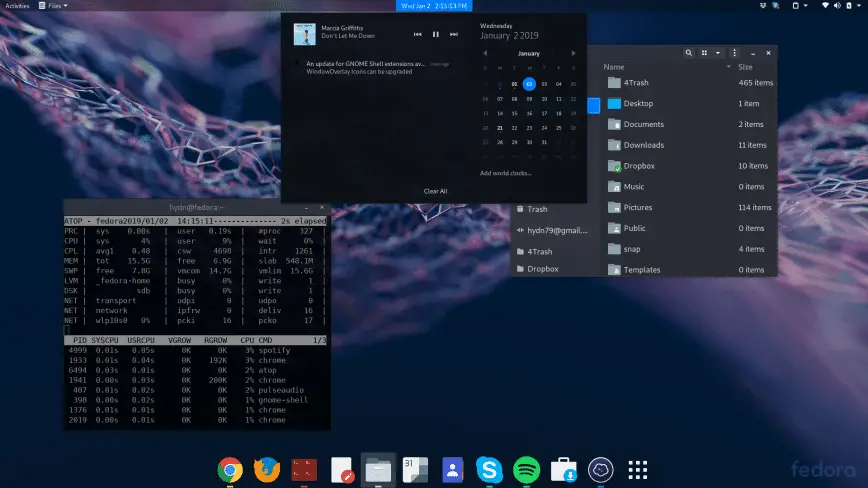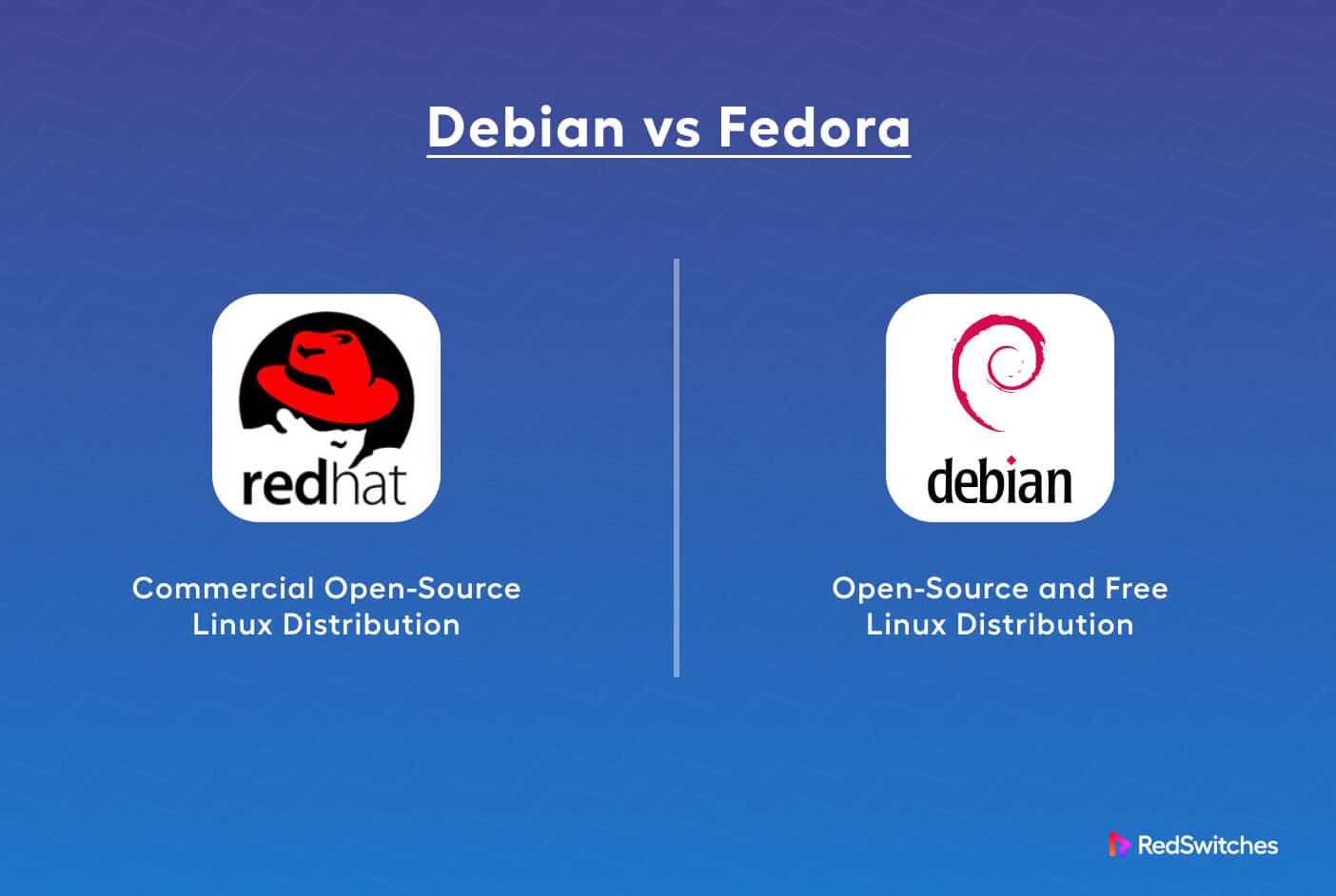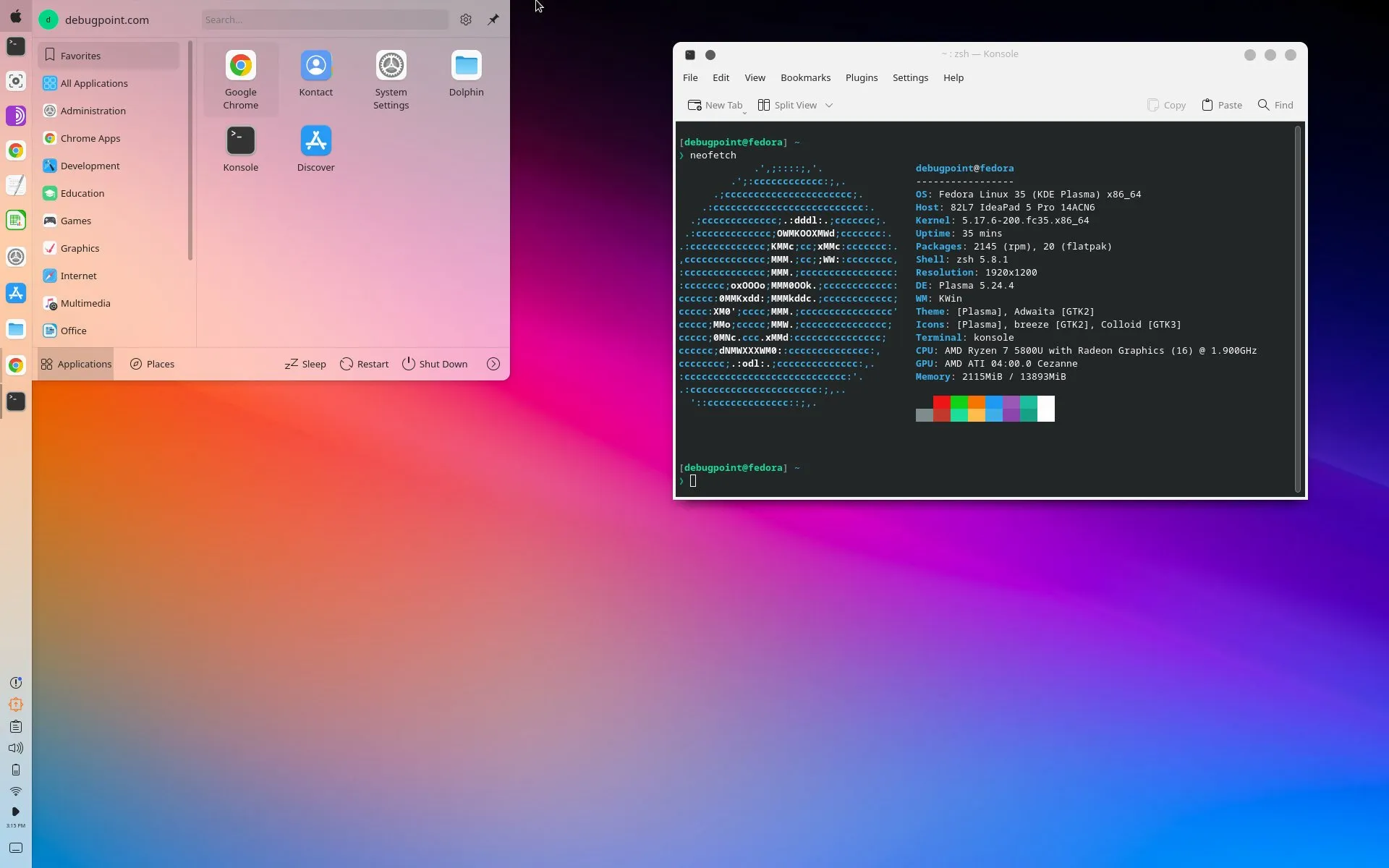Fedora vs. Ubuntu: Choosing the Best Linux Distro for Your Desktop Needs

When exploring the world of Linux, two prominent distributions stand out for desktop users: Fedora and Ubuntu. Each distribution offers a tailored set of features and appeals to specific user requirements.

Fedora: Power and Innovation for Enthusiasts

Fedora distinguishes itself as a cutting-edge distribution known for its innovation and rapid adoption of the latest software advancements. Powered by the industry-leading Red Hat Enterprise Linux, Fedora provides a robust foundation for bleeding-edge technologies. This makes it an ideal choice for developers, power users, and those seeking the most up-to-date Linux technologies.
Fedora’s Gnome-based desktop environment offers a clean and modern interface. Its software repository is vast and constantly updated, giving users access to a wide range of applications and tools. Additionally, Fedora’s focus on open-source principles ensures that users have full control over their system and can customize it to their preferences.
Ubuntu: User-Friendliness and Stability for Beginners
Ubuntu has gained popularity as a user-friendly Linux distribution, particularly suitable for beginners and novice users. Backed by Canonical’s commercial support, Ubuntu prioritizes stability, reliability, and a user-centric design. Its Long Term Support (LTS) releases provide extended support cycles, making it a great choice for those who value stability over frequent updates.
Ubuntu’s Unity desktop environment is tailored to provide an intuitive and accessible user experience. The distribution’s extensive software library includes many popular and widely-used applications. Additionally, Ubuntu offers excellent hardware compatibility, ensuring a seamless experience on various PC configurations.
Choice Criteria
Selecting between Fedora and Ubuntu depends on individual preferences and use cases:
- Power users and developers may prefer Fedora for its innovation and cutting-edge features.
- Beginners and those seeking a stable and user-friendly experience may opt for Ubuntu.
- Users who value frequent updates and the latest technologies should consider Fedora.
- Those who prioritize stability and extended support cycles should choose Ubuntu LTS.
- Hardware compatibility and ease of use are key decision factors for many users.
Conclusion
Both Fedora and Ubuntu offer compelling desktop experiences, each with its strengths and target audience. Fedora caters to power users and innovators, while Ubuntu focuses on user-friendliness and stability for beginners. Depending on your preferences and needs, either distribution can provide a robust and enjoyable Linux platform for your computing endeavors.

Fedora is the best! I’ve been using it for years and I’ve never had any problems. It’s stable, reliable, and has a great community.
Ubuntu is garbage! I tried it once and it was a complete disaster. It was slow, buggy, and I couldn’t get anything to work.
Fedora and Ubuntu are both great distros. They both have their own strengths and weaknesses, so it really depends on what you’re looking for.
Fedora is for nerds and Ubuntu is for noobs. If you’re a real Linux user, you’ll use Arch Linux.
I love Fedora! It’s the perfect distro for people who want a stable and reliable system.
Ubuntu is the best distro for people who don’t know anything about Linux.
I once tried to install Fedora, but I couldn’t figure out how to do it. I guess I’m just not smart enough.
Fedora is based on Red Hat Enterprise Linux, which is one of the most stable and reliable operating systems in the world.
Ubuntu is too bloated. It comes with way too much software that I don’t need.
Fedora has a very active community, which means that you can find help for any problem you may encounter.
I’ve used both Fedora and Ubuntu, and I prefer Fedora. It’s just more stable and reliable.
I’m new to Linux, so I’m not sure which distro to choose. I’ll have to try both Fedora and Ubuntu and see which one I like better.
I’ve heard that Fedora is difficult to use, but I’m not sure if that’s true. I’ll have to try it for myself.
I love Fedora! It’s the best distro for gaming.
I tried Fedora once, but I couldn’t get it to work. I guess I’m just not a Linux guy.